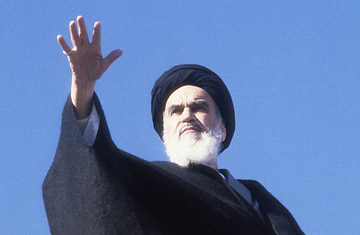
(8 of 8)
Even if Iran gets a new government that has both popular support and Khomeini's blessing, the troubles plaguing the country will not vanish overnight. As one U.S. specialist noted: "The Shah left, but he didn't take the problems of the country with him." The best estimates are that it will take two months to get the oilfields back to export production lev el even if work starts at once. Meanwhile, the country has a paralyzed economy and shattered loan credibility. Except for two to three dozen firms, all of the country's 600 major industries have been shut down by strikes since early December. And, although they may not be missed, most of the once fabled Iranian rich have left the country. Significantly, this includes 120 of the country's 200 leading business and industrial figures. Estimates of the drain of capital that has left the country range into the billions of dollars.
Yet, for all the problems ahead, there was a sense of controlled optimism in Iran last weekend. Now that the country's cry for the Ayatullah's return has been answered, Iranians will surely insist that the revolution live up to its democratic aims. "Democracy is a very difficult thing for a country that does not have a democratic tradition," Daryush Shayegan, a noted Islamic philosopher in Tehran, told TIME Correspondent David Jackson last week. "But Iranians are ready to learn it. Khomeini is an Islamic Gandhi. He is at the axis of our movement, and his greatest achievement will have been to have overthrown the regime. But there must be a democratic republic. In the Iranian character, miracles always happen at the last moment. I hope one will happen again.''
